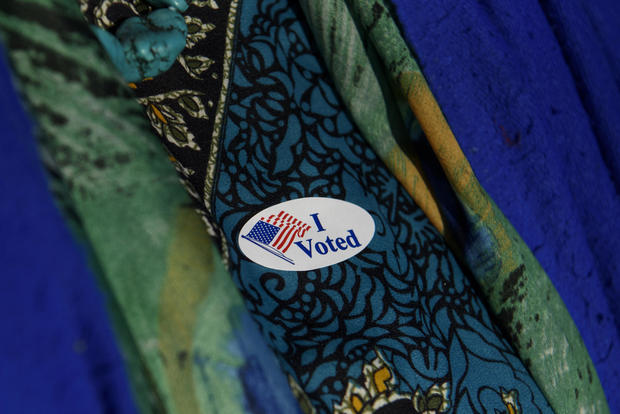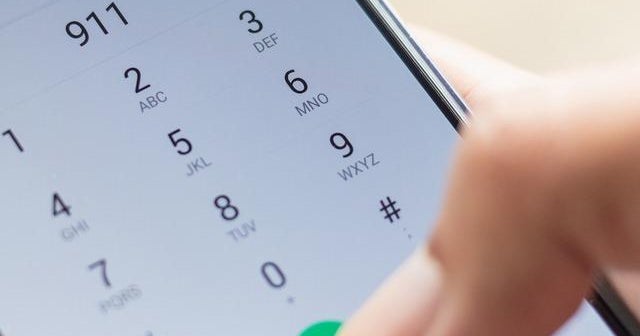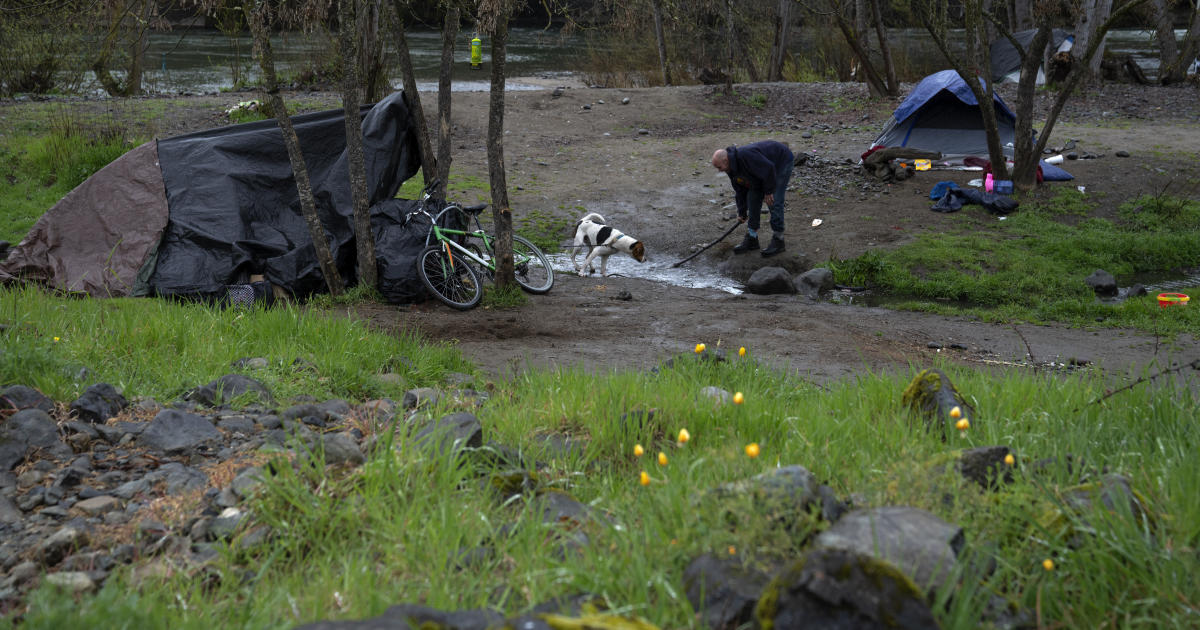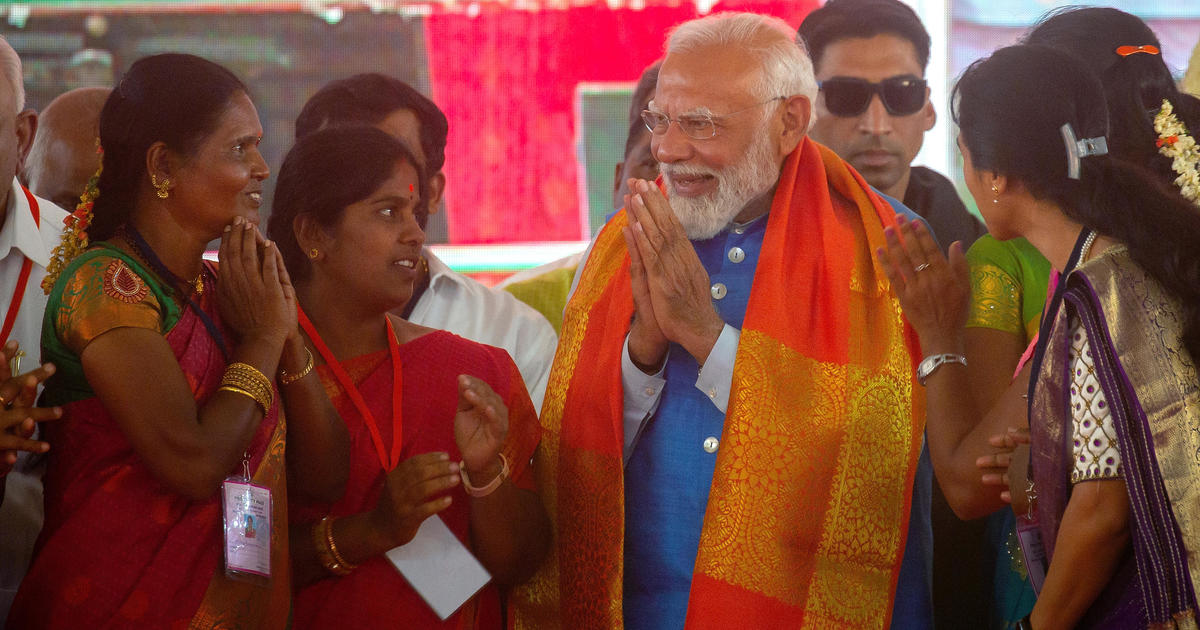Texas election officials rejected one out of eight mail ballots cast in primary
Texas election officials rejected one out of eight mail-in ballots during the March primary elections, leading to more than 24,000 votes that were ultimately not counted in the final results.
According to the Texas secretary of state's office, data from all 254 Texas counties showed that 24,636 mail-in ballots were rejected out of 198,947 that were returned. That's a rejection rate of 12.4%.
The rejection rates were fairly similar along party lines, but Democratic ballots had a slightly higher rejection rate. Of the rejected ballots, 14,281 were Democratic mail ballots, 12.9% of those cast, and 10,355 Republican ballots were rejected, 11.8% of those that were cast.
The rejections came months after Texas Republican Governor Greg Abbott signed a sweeping new voting law that imposed new requirements on voters who cast mail ballots.
The law, known as SB1, required voters to provide a driver's license number, personal ID number or the last four digits of their Social Security number when applying for and returning a mail ballot. The number had to match what was on a voter's registration file.
County election officials told CBS News before and after the primary election that the new ID requirement imposed by SB1 was causing many of the issues with mail-in ballots. A spokesperson for the secretary of state's office told CBS News that county election officials have reported "that the majority of the rejected mail-in ballots are due to voters not putting any ID information on the carrier envelope – leaving the space blank."
The spokesperson said the state is working to improve the envelope to draw attention to the area on the envelope containing the ballot where voters have to put ID information. They are also ramping up a voter education campaign, with $2.5 million in funds from the state legislature.
Texas has among the strictest requirements in the nation for voting by mail. Just to be eligible to cast a mail ballot, a voter must be at least 65 years or older, sick or disabled, expecting to give birth within three weeks of Election Day, out of the county during early voting and on Election Day or confined in jail but otherwise eligible to vote.
The rejection rate in the primary far exceeded that of the 2020 presidential election, when Texas rejected 8,304 mail ballots out of 982,362 — or 0.8% of those that were cast, according to a report from the Election Assistance Commission.
"This is a twelve-fold increase in the number of vote by mail rejections in the state compared to the 2020 election," said James Slattery, a staff attorney for the Texas Civil Rights Project. "It's clear that the only reason is because SB1 imposed this unnecessary new requirement on mail ballots and it is actively disenfranchising Texas voters."
The rejection rate from the primary is raising concerns among some voting rights experts, who note that turnout will be much higher in the November general election.
"This was in a primary, with low turnout and a high percentage of experienced voters," CBS News contributor David Becker, the executive director of the Center for Election Innovation and Research, tweeted. "We should be very concerned about what would happen with many more ballots cast by new and inexperienced voters."
Other states, including Georgia and Florida, enacted similar ID requirements for requesting or casting mail ballots. The rejection results from Texas are increasing calls for mass voter education efforts to ensure that people know what is required to have their ballot counted.
"We are extremely concerned about what these data portend for the upcoming midterm elections," said Kathleen Unger, president and founder of VoteRiders, a group that helps with voter ID education efforts. "These results show more than ever how very important it is for all parties to educate voters about what is needed."
Slattery said that public education efforts can help reduce the number of rejections, but he worries that county election officials will have a difficult time in November when they are dealing with a greater number of mail ballots that may not meet requirements.
"I am concerned that the much higher volume of vote by mail applications and ballots that we will see this fall, let alone in a presidential election in 2024, will simply overwhelm the system," Slatter said. "Whatever tweaks and modifications you could make between now and November or whatever processes exist to try to help voters through this process will simply collapse under the much higher turnout of the general election."
After the legislature passed SB1, Abbott said in a statement that the law would "solidify trust and confidence in the outcome of our elections by making it easier to vote and harder to cheat." Texas state Senator Bryan Hughes, who wrote SB1 Hughes said during debate on the Senate floor that the bill would make it "easy to vote and hard to cheat."
Abbott and Hughes have not yet responded to requests for comment.




